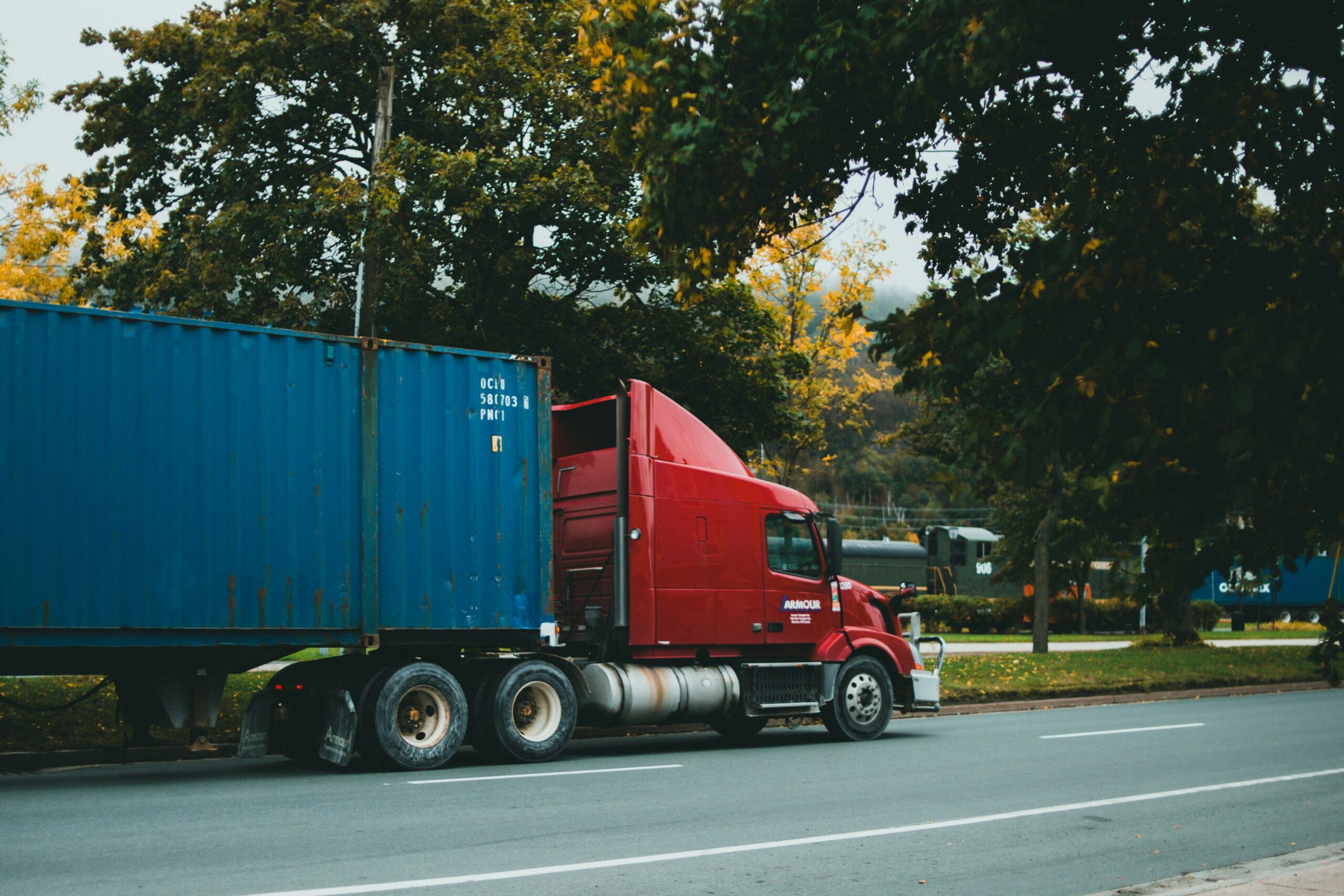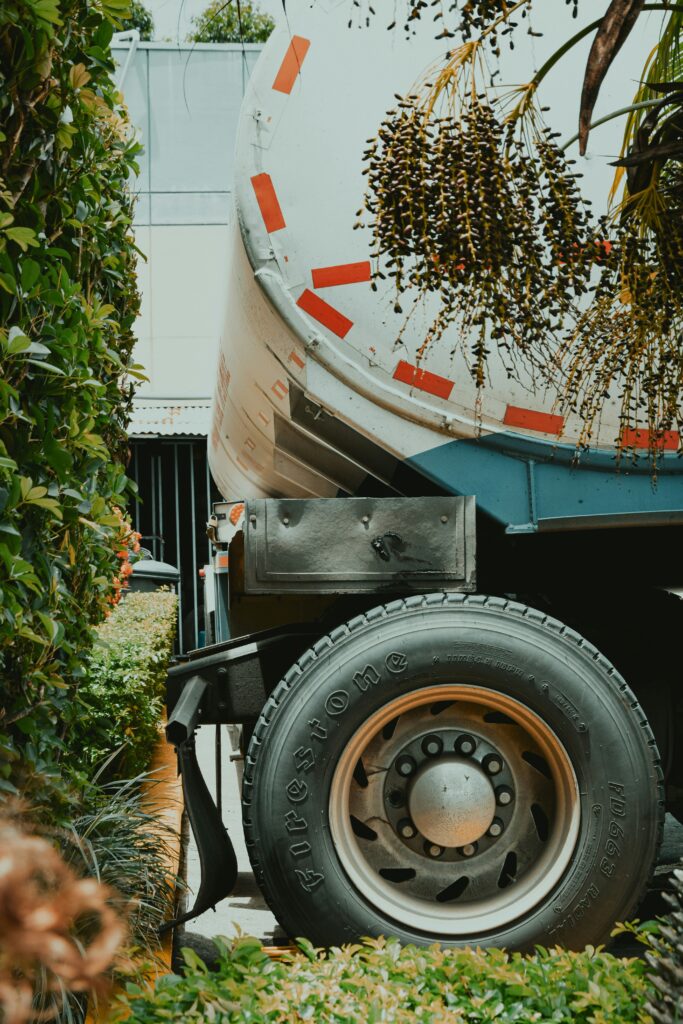
Truck axles are a key component of lorries. They support the weight of the vehicle, its handling, and operational efficiency. There are a number of different types of truck axles, each engineered to meet specific requirements, applications, and road surfaces.
In this article we’ll take a look at axles, what determines the number that a truck will have, and the main types of axles found on UK trucks.
How many axles does a truck have?
The number of axles on a truck can vary depending on the type, size, and intended use of the truck.
A truck used for light duties might just have an axle at the front for steering and one at the rear that drives the wheels. Larger commercial trucks will have three, four, and sometimes even more axles
Here’s how this might work in practice:
- A standard rigid truck will typically have 2 or 3 axles
- An articulated lorry tractor unit will usually have 3 axles
- Depending on its size and load the trailer will have 2, 3, or more axles.
- To ensure the even distribution of weight, heavy duty vehicles or specialist trucks might have 4, 5, or more axles.
Different types of truck axles will be fitted on vehicles carrying out different tasks, handling a variety of terrains.
What determines how many axles a truck has?
The number of axles a truck will have will depend on its maximum load capacity and legal restrictions in the country that it operates. Trucks that carry heavier loads will require a greater number of axles to ensure that the weight is evenly distributed.
In the UK, the standard maximum weight limit for HGVs is 44 tonnes for vehicles with six axles. This is known as the maximum gross vehicle weight.
Weight limits also apply to each axle, with single non-driving axles limited to 10 tonnes, and driving axles having an upper limit of 11.5 tonnes.
Loads that exceed 44 tonnes are classed as abnormal and will require permits and special procedures when being moved on the roads.
Different types of trucks and how they are used will influence the number and configuration of axles. As too will the terrain and road conditions in which the vehicle is operating, with off-road vehicles usually requiring more axles to ensure better traction and stability.
Axle placement needs to be carefully considered to ensure the correct weight distribution, for the truck’s handling and overall stability. Different types of truck axles will perform slightly differently under a range of road and driving conditions.
What is the function of truck axles?
Truck axles connect the wheels to the chassis while ensuring that weight is distributed evenly across the vehicle. While supporting the vehicle’s weight they also ensure that the truck’s movement is smooth and stable.
Key components including the drive shafts are housed in driven axles. These transmit power to the wheels from the engine. Axles also absorb some road shocks, helping to ensure a comfortable ride while giving some protection to the vehicle.
The different types of truck axles
There are a range of different types of truck axles fitted on UK HGVs:
- Single
A single axle truck has a single set of wheels at the front and rear. This makes it lighter and easier to manoeuvre. Single axles are used for vehicles carrying smaller loads and in areas where tight turning is required.
- Tandem
Tandem axle vehicles have two rear axles that sit close together. This improves the stability of the vehicle and increases its load-carrying capacity. Tandem axles are common on HGVs on longer routes carrying heavier loads.
- Tridem
Tridem axle vehicles feature three axles at the rear and are designed for particularly heavy loads. Three axles give the vehicle better weight distribution and increased traction, making them particularly suitable for use in construction and specialist heavy haulage roles.
- Lift
A lift axle is a specialist form of axle that can be raised or lowered as required. This helps to improve fuel efficiency and reduce tyre wear if the truck is empty or only carrying a lighter load. When the truck is required to support a heavier load, the auxiliary axle can be lowered for additional stability and load bearing capacity.
Expert advice and high quality parts from CV Hubs & Bearings
At CV Hubs & Bearings, we’re specialists in all things HGV, bus, and trailer wheel hubs and bearings.
We stock truck and trailer hub kits for a wide range of vehicles and our experienced team is always on hand to answer any questions you may have.
Contact us to find out more about our services
Back to news

